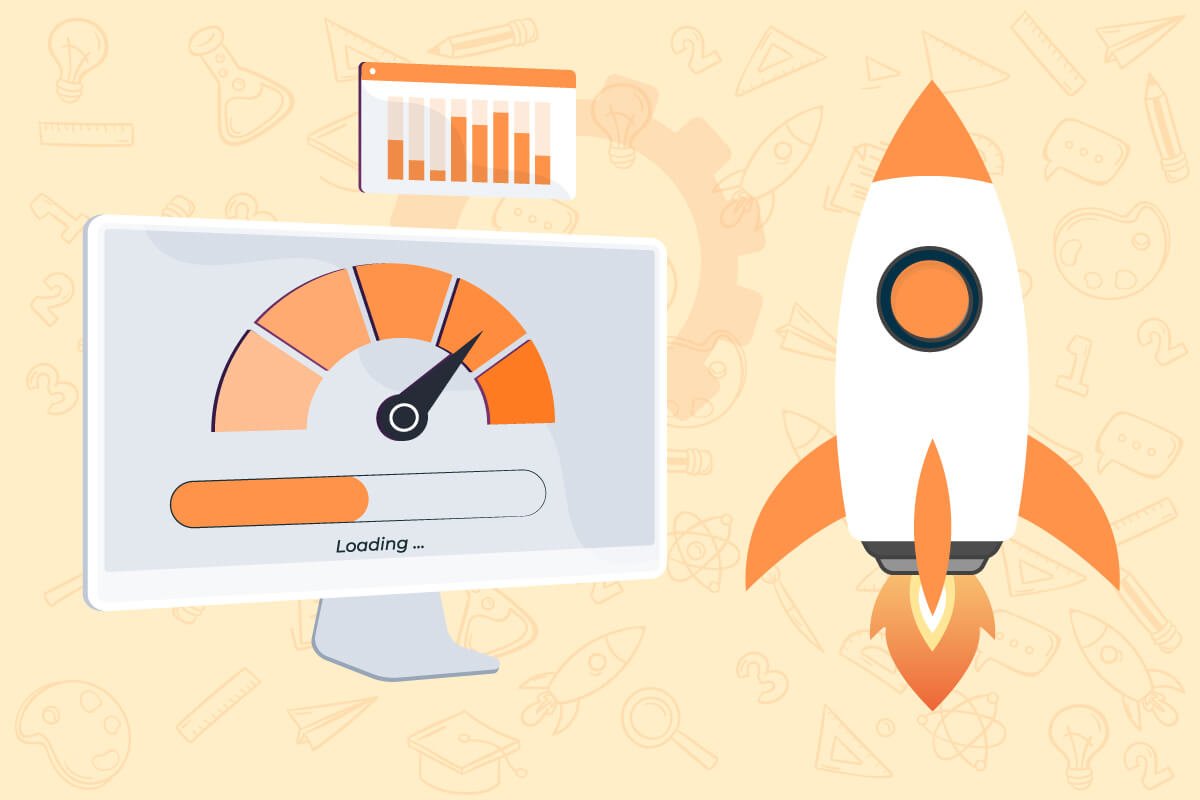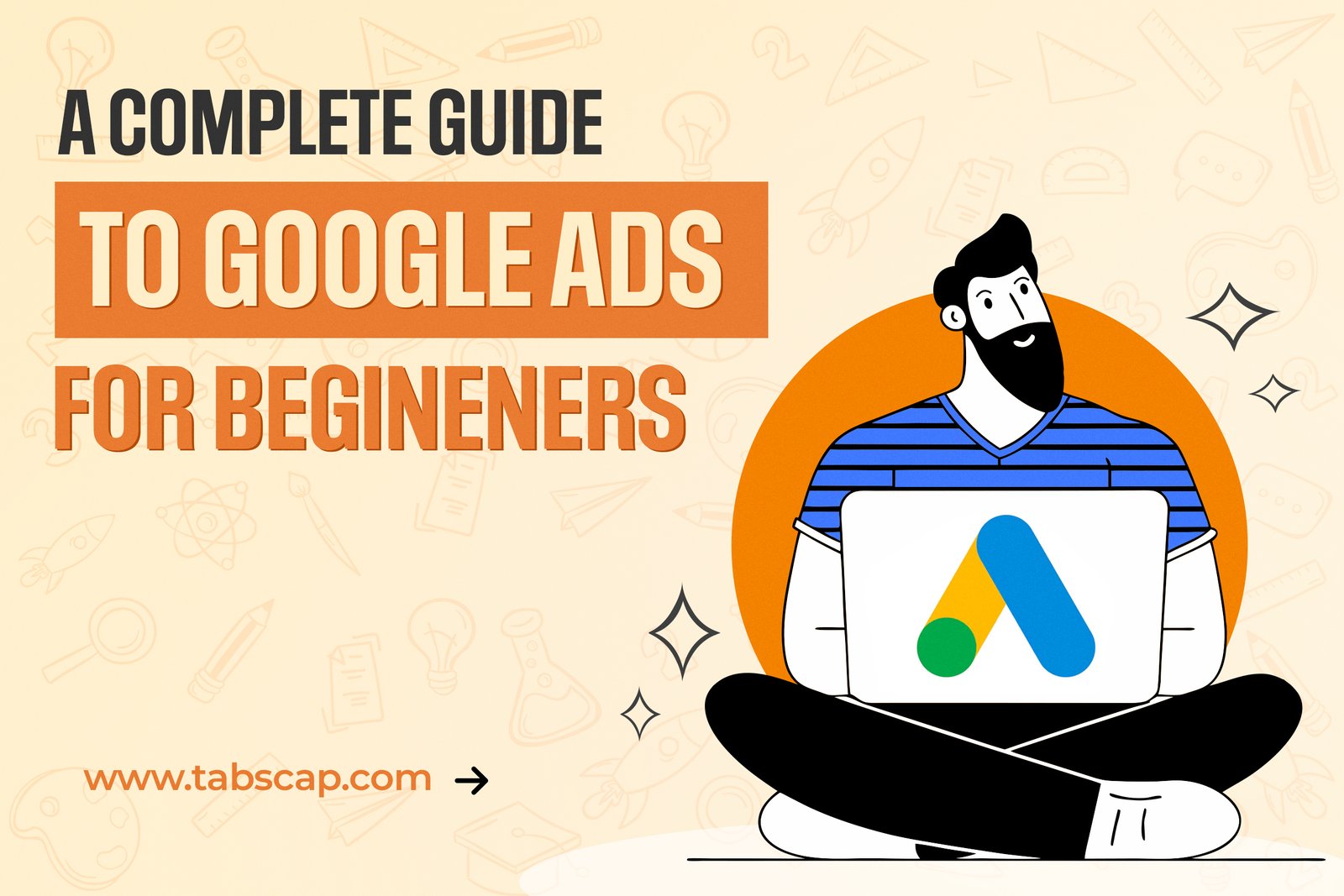

These days, website loading speed has become crucial. Most people prefer that websites load in less than 2 seconds. With each passing second, the probability of users leaving a website increases.
Many reasons slow down a website. It could be images, code, or plugins. If your website is suffering from slow loading speed, you have to rectify these things ASAP. That’s because if you don’t, it will be a matter of time before users find another website that doesn’t have these issues.
Moreover, search engines like Google know how impatient people can get when a website takes forever to load. To cater to users, they have started penalizing websites that have more loading time in the hopes that those websites would improve and give a better experience to users.
So, in this blog, we’ll tell you the issues that could be slowing down your website. We’ll also tell you how you can fix them so that you can get more clicks and increase conversions. We assure the efforts you put into rectifying the issues will be worthwhile.
So, without any delay, let’s start.
Identify Your Website’s Loading Speed
Before improving the aspects that slow down your website, the first thing is to know how slow it is. You cannot identify when you’ve made improvements if you don’t know your website’s speed before working on it.
So, do this first. There are many tools available on the internet that can tell you the essential metrics. But choosing from so many tools can become tiring. We recommend you pick the best tool that there is. Moreover, it is free. The tool is PageSpeed Insights. It is Google’s tool, so you can trust it.
You see so many metrics about your website that you won’t know what some of them mean. That’s how detailed metrics you get.
Compress Website’s Images
Images play a vital part in any website because they cannot only have text. It is boring and monotonous for users. Even Google doesn’t appreciate websites that don’t have a mix of content. Knowing these things, some jump straight to including images and that too without optimizing them.
Using unoptimized images on your website is a mistake you have to avoid. That’s because they slow your website. Now, when people know about this, they don’t understand how to optimize the images without losing the quality.
Luckily, several free tools can do the work for you. They can compress the images without making any difference in the quality. Apart from using free tools, we recommend you use the latest image formats like WebP because they’re customized for providing quality at a small size.
Choose Plugins Wisely
Plugins have become extremely important these days because they offer functionality without the need to code yourself. Plugins check for viruses, collect the information through forms, translate languages, and many other things.
Although plugins are helpful, some can potentially slow down your website because they consume many resources from the server. And when the server is allocating resources to certain plugins, it diverts from the actual work of keeping the website fast.
If you feel your website is slowing down because of plugins, you can always analyse which ones are required and which are unnecessary. P3 Plugin Performance Profiler is an excellent plugin that can tell you which plugins affect your website’s performance. Based on the results, you can easily remove the plugins that are slowing down your website.
Clean Up Your Code
Your website’s code could be the culprit in slowing down your website. And there’s a high probability that you don’t even know about it. It is because code runs in the background, and most people don’t think about it when looking for problems on the surface.
We highly recommend you check your website’s code, and you’ll surely find something there. The problem areas in code are comments, unnecessary spaces, and lengthy code for something that can be done with a short code. Make sure you remove all these things as it will significantly improve your website’s speed. If you hired a programmer, it is time to tell them to make the required changes.
You can also use applications like Gzip to reduce the size of files containing HTML, CSS, and JavaScript code.
Minimise The Redirects
When someone opens your website, many redirects have to happen so that your website loads successfully. You can’t avoid certain redirects, but you can avoid some.
So, make an effort to reduce the redirects you can because it will also improve your website’s loading speed.
Small things like this make a huge impact. It all comes down to identifying what matters and what doesn’t.
Use Cache
Most websites these days use cache. The cache stores some content about the website that makes the website load faster the next time a user visits.
You may have seen it happen that it takes some time to load when you visit the website for the first time. But when you visit it the second time, it loads instantly.
If you haven’t enabled cache on your website, we recommend you do it. Combine it with other ways, and you get a lightning-fast loading speed.
Choose a Good Hosting Company
Choosing a website hosting provider is essential. And choosing a good one is even more important. It is because your website hosting provider stores your website’s content.
You can choose from many hosting providers in the market. You can pick a cheap or an expensive one. The difference between the two will affect your website’s loading speed. Initially, you won’t feel much of a difference, but after some time of your website being on the internet, you’ll have to pay in the form of lost visitors because you picked cheap hosting.
So, we always recommend that you spend a good amount on hosting because all the hard work you do will otherwise go to waste.
Remove Unnecessary Things From Database
Storing user information in your database over time can consume a lot of memory and slow down your website. It is a pretty common issue that most people don’t think about.
It’s advisable to clear your database of the data you don’t require from time to time. Usually, the images, files, and other unused data will serve you no purpose. So, there’s no point in keeping that data.
Use Lazy Load
Lazy Load is a plugin that lets you improve your website’s load speed by loading the images when a user scrolls and reaches the image.
This is an excellent plugin because images don’t load up when a page does. They only do if a user scrolls. It has helped many websites have faster loading speeds, and today most websites use this fantastic plugin.
Conclusion
With increased competition, improving a website’s loading speed has become essential. There is no other option left with people who want to grow their presence online. Many developing countries are just now realizing how powerful the internet is. This means the competition will only get tougher in the future.
The tough competition will mean that the search engines will get more strict with their rules because they’ll have to display some websites out of a pool of thousands. The reality is no one currently knows the metrics Google and other search engines will use to rank websites. But one thing is for sure: a website’s loading speed will always be given importance.
So, it is wise to fix the problems in the initial stages because, in the future, you will have to comply with other rules set by search engines, which means you may not get any time to improve your website’s loading speed.
We hope this blog will help you take the first step in knowing what could be wrong with your website. Once you address the issues, you’ll easily be able to resolve them.



